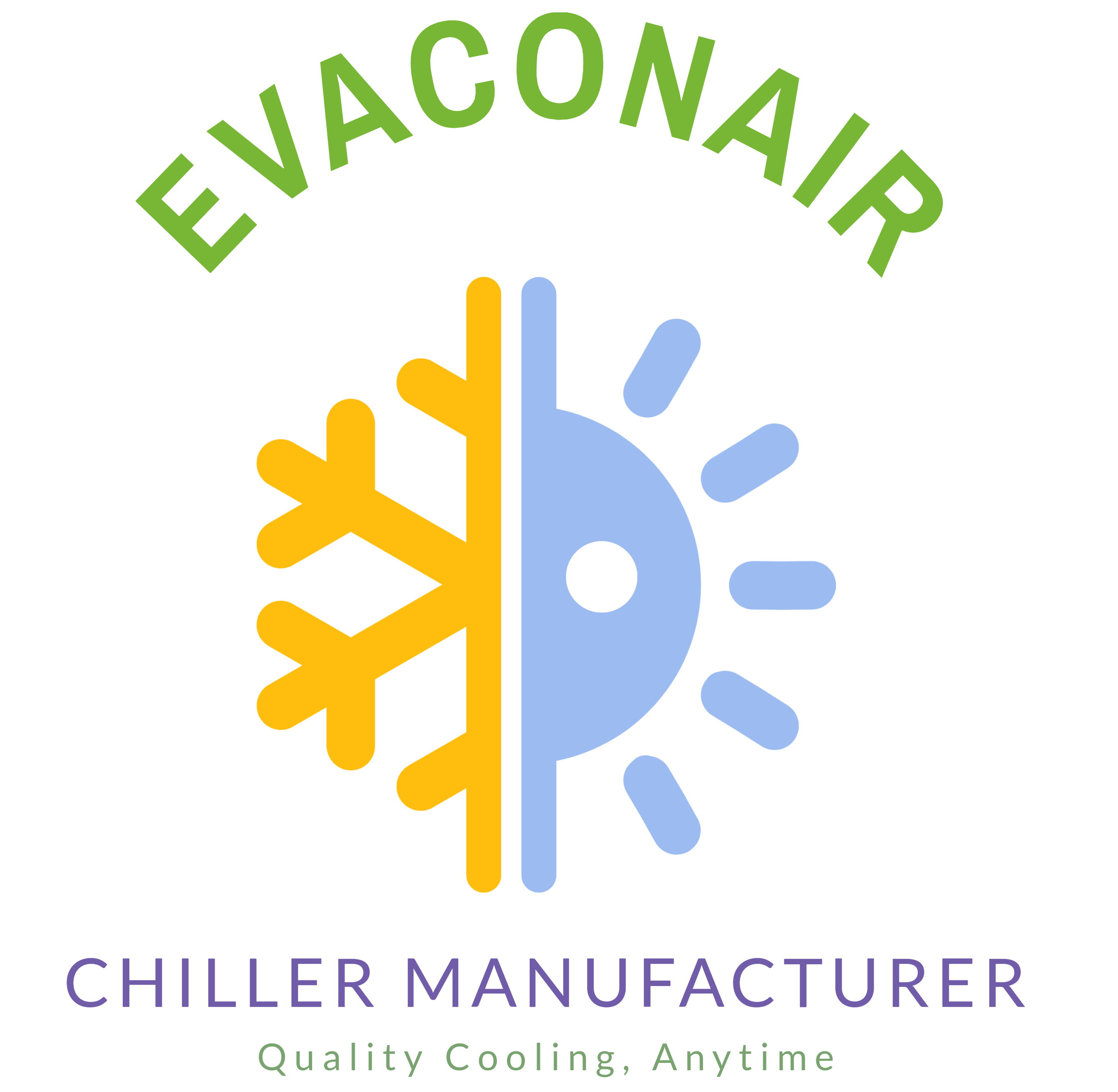Blog
Why Is HVAC Used?
HVAC (Heating, Ventilation, and Air Conditioning) systems are essential for maintaining comfortable and healthy indoor environments. Here’s why they are used:
1. Temperature Control
The primary purpose of HVAC systems is to control the indoor temperature. They provide heating during cold seasons and cooling during hot seasons, ensuring a comfortable environment throughout the year.
2. Air Quality Improvement
HVAC systems play a crucial role in improving indoor air quality. They filter out pollutants, dust, allergens, and other harmful particles, providing clean and healthy air for occupants.
3. Humidity Regulation
Maintaining appropriate humidity levels is vital for comfort and health. HVAC systems help regulate indoor humidity, preventing issues such as mold growth, dry skin, and respiratory problems.
4. Energy Efficiency
Modern HVAC systems are designed to be energy-efficient, reducing energy consumption and lowering utility bills. They use advanced technologies to optimize performance and minimize waste.
5. Enhanced Comfort
By providing precise control over temperature, humidity, and air quality, HVAC systems enhance overall comfort in residential, commercial, and industrial settings. This creates a more pleasant and productive environment for occupants.
6. Health Benefits
Properly functioning HVAC systems contribute to better health by reducing exposure to indoor pollutants and allergens. They also help prevent the spread of airborne diseases by maintaining adequate ventilation.
7. Preservation of Building Integrity
Maintaining appropriate indoor conditions with HVAC systems helps preserve the structural integrity of buildings. They prevent damage caused by excessive humidity, such as mold growth and wood rot.
8. Compliance with Regulations
Many regions have building codes and regulations that require the installation of HVAC systems. These systems ensure compliance with safety and health standards, providing a safe environment for occupants.
9. Enhanced Productivity
In commercial and industrial settings, HVAC systems contribute to enhanced productivity. Comfortable indoor conditions improve employee morale and efficiency, leading to better performance and output.
10. Versatility
HVAC systems are versatile and can be tailored to suit various applications, including residential homes, commercial buildings, industrial facilities, and specialized environments such as hospitals and laboratories.
